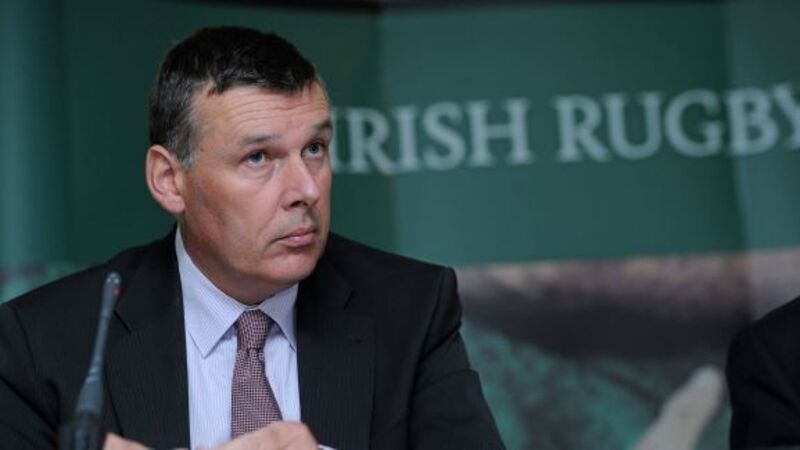Big foes lie in wait for Irish rugby boss

This week, the axe finally fell on Declan Kidney, the 2009 Grand Slam-winning coach. The man reluctantly applying the coup de grâce, Philip Browne, is hardly a household name.
However, the low-profile IRFU chief executive presides over an organisation with an annual income approaching €70m and a player base in excess of 150,000 people.
















